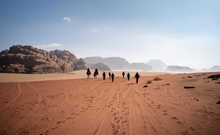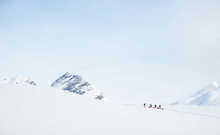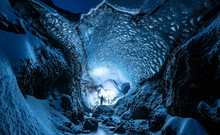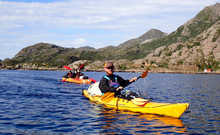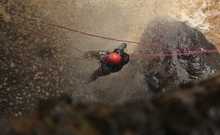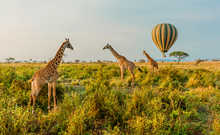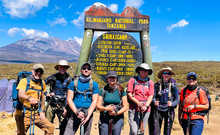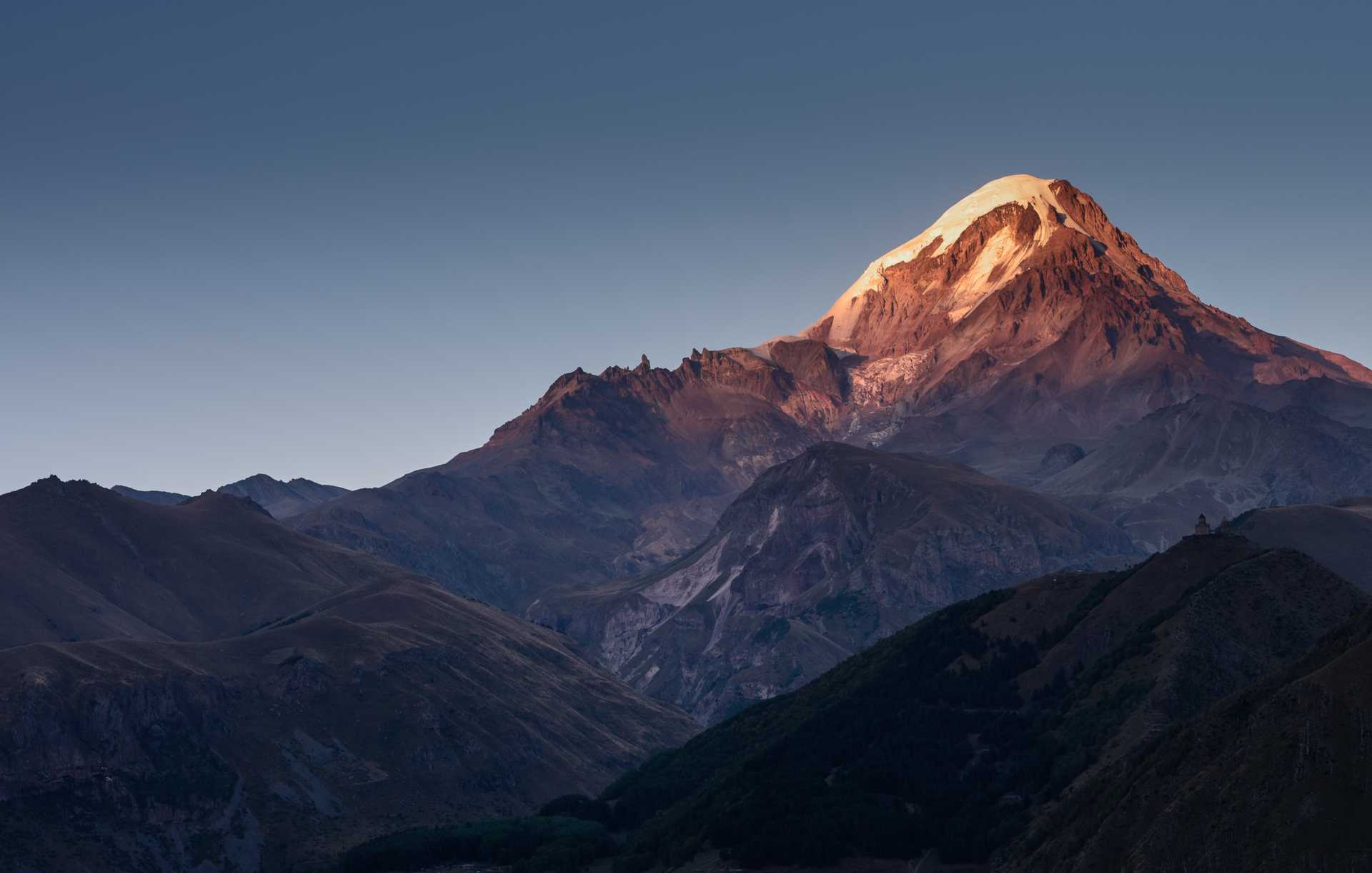Trekking in Georgia
From challenging hikes through remote mountainous regions such
as the Transcaucasian Trail to easy day-hikes in the shadow of
spectacular snowy peaks of the Caucasus Mountains, there are treks and hikes in
Georgia to suit most ability levels. With scenic paths that weave through
alpine meadows over stunning mountain passes, Georgia boasts remarkable
trekking landscapes and yet the country remains a lesser-known destination in
the trekking community. We expect this will soon change!
In this guide we’ve listed some of the best trekking regions
in Georgia, the best months to hike and our top 5 hiking trails in Georgia to
help you get the most from your Georgian adventure.
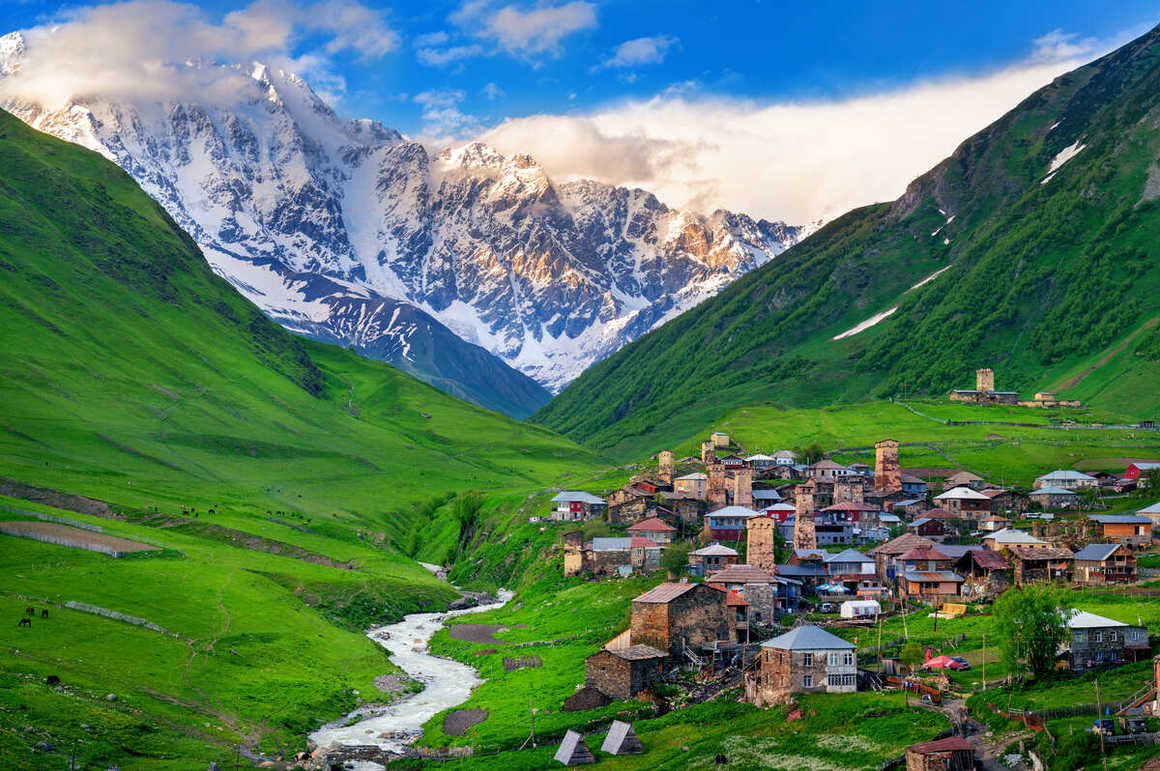
The Best Trekking Regions in Georgia
The Svaneti Region is situated in northwestern Georgia along
the southern slopes of the Greater Caucasus Mountains. Svaneti is home to some
of the most beautiful landscapes in all of Georgia, boasting picturesque stone
villages, lush green valleys, waterfalls and snow-covered mountains around
every turn. This region of Georgia offers a variety of trekking trails from
easy day-hikes to multi-day adventures so there is something for every ability
here.
The main advantage of trekking in the Svaneti Region is
that villages are located densely enough for “guesthouse trekking” meaning you
can spend up to 10 days trekking without having to sleep in a tent. Unsurprisingly,
the Svaneti Region is one of Georgia’s most popular visitor destinations due to
its accessibility in terms of transport links. Despite this, Georgia remains
one of the best kept secrets in European alpine trekking and you shouldn’t encounter
overly crowded trails.
The Kazbegi Region lies in the Caucasus Mountains north of
Tbilisi, the capital city of Georgia, and beneath the famous Mount Kazbek (5,033m). Mount Kazbek is nicknamed ‘The
Bride’ by locals because the mountain is often hidden behind a veil of fog. The
official name of Kazbegi town is Stepantsminda though the names ‘Stepantsminda’
and ‘Kazbegi’ are used interchangeably, with most people referring to the
townlet and surrounding areas as Kazbegi (the name given by the Soviets in
1925).
One of the main advantages of trekking in this region is
that Kazbegi is under 4 hours from Tbilisi by car, with the famous Georgian
Military Highway bridging the most scenic, high altitude stretch of the road. With
well-trodden hiking trails, spectacular mountain views and an expanse of fresh
air all within close proximity of Tbilisi, the mountainous region of Kazbegi
should be on your radar. If you’re planning a trip to Georgia that starts in
the capital, a side trip to Kazbegi is a must-do.
Borjomi-Kharagauli National Park is one of the largest
national parks in Georgia, spread out over the Lesser Caucasus Mountains and
three of the country’s regions: Imereti, Samtskhe-Javakheti and Shida Kartli.
The park has a fantastic variety of natural landscapes, historical and
architectural monuments, medieval villages, resorts and settlements. Together
with adjacent Borjomi Nature Reserve, the total area is 851 square kilometres,
more than 1% of the total territory of Georgia.
Borjomi-Kharagauli National Park has 12 marked trails of
varying different lengths and difficulty with most trailheads located within
30km of Borjomi town and a few others near Abastumani and Kharagauli. This
network of trekking routes in Borjomi-Kharagauli National Park allows for one
and multi-day hikes. Visitors to the park can also enjoy horse riding, cycling,
snowshoeing, cultural and educational tours as well as hiking the many
well-maintained trails during their time here.
Best Time of Year for Hiking in Georgia
The best time of year for hiking in Georgia depends on the
region and route though generally speaking, the main trekking season in
Georgia runs from July to September. In the mountainous regions, the season
starts from early summer and continues till early autumn. Summer is prime time
for trekking in the Georgia mountains as the wildflowers are out and daytime
temperatures are pleasant. Most mountain trails remain accessible through
September and into early October with warm breezy days, crisp nights and clear
skies ideal for walking holidays in Georgia.
The months between November and March are considered the low
season for trekking in Georgia. Winter in Georgia sees heavy snow in the
mountainous regions that often blocks roads and popular Georgia hiking trails. Such
weather conditions mean trekking in the winter is only possible in national parks
but depends entirely on the weather and conditions at the time. What’s more,
spring in Georgia sees very unpredictable weather with gusty winds across all
the country and so the months between April and July are better suited to
hiking at lower elevations and exploring the cities.
5 of the Best Treks in Georgia:
In recent years, a small group of enthusiastic locals have
been creating a trail that allows trekkers to explore the breathtaking landscapes
of the Caucasus mountains, visit hidden gems and experience Caucasian culture.
They have named this route the Transcaucasian Trail. Stretching over 3,000km,
the trail passes through Armenia, Georgia and Azerbaijan, offering a unique
opportunity to explore the natural beauty and cultural diversity of this part
of the world.
The Transcaucasian Trail takes you on an unforgettable
journey through a variety of terrains, weaving through the beautiful
snow-capped Caucasus mountains. On this adventure you’ll trek through dense
forests, picturesque alpine meadows, rugged mountain passes and encounter
glacial lakes along the way, making it truly one of the best hiking trails in
Georgia.
Kandoo Adventures Transcaucasian Trail trek offers a
14-day itinerary that explores some of the most beautiful landscapes the trail
has to offer. Crossing the border from Armenia, we follow a scenic route
through remote towns and villages, discovering the sweeping passes and abundant
nature of Dilijan National Park. We then cross into Georgia, visiting the
ancient sulphur baths in Tbilisi before journeying into the Caucasus mountains
where we explore the landscape of the Kazbegi region.
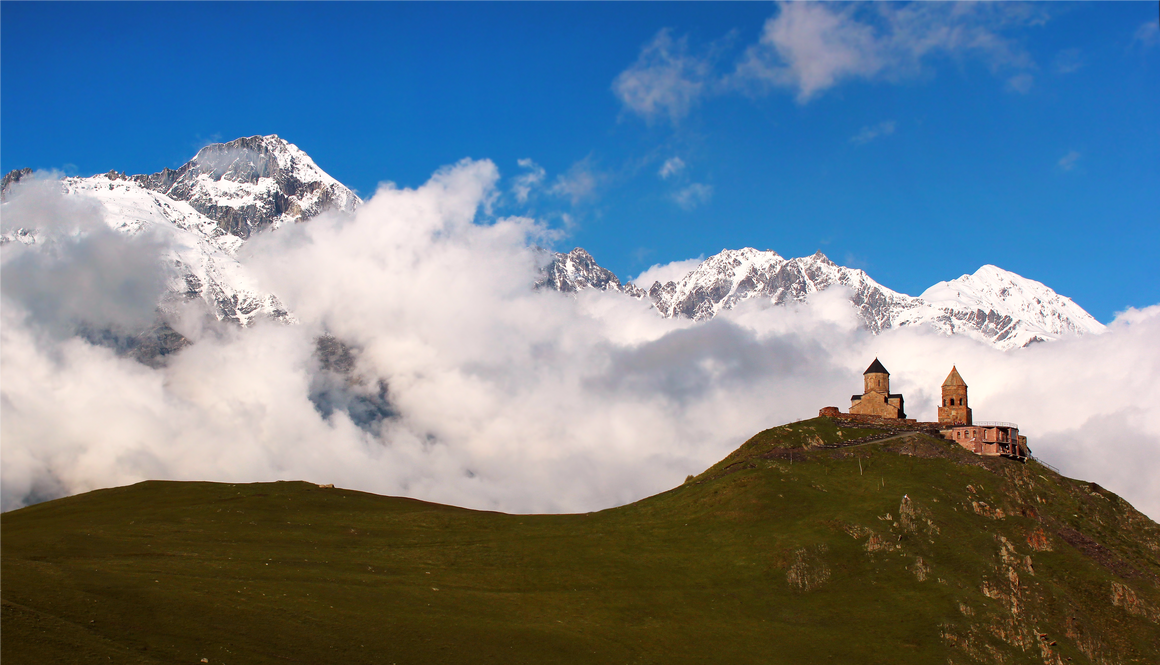
The Svaneti Region in Georgia offers a wide range of hiking
trails of varying different lengths and difficulty. Only very few people climb
the highest peaks in this region because they require technical mountaineering
experience. The most popular climbing peaks in Svaneti are Mt. Laila (4,008m),
Tetnuldi (4,858m), Banguriani (3,838m) and Ahalgazrdoba (3,702m). Then there is
Mt. Shkhara (5,193m), the highest mountain in Georgia and Mt. Ushba (4,170m)
which is considered the deadliest mountain in the Caucasus Mountain Range.
But exploring the Svaneti Region isn’t all about climbing
the highest peaks. For those wishing to explore the rugged, natural beauty of a
forgotten landscape where the only others around are the nomadic farmers, Kandoo
Adventures Trek the Svaneti Region trip is the easier of our trekking
tours in Georgia. This adventure follows an 8-day itinerary that guides you
through the remote landscapes of the Upper Svaneti, traverses the foothills of
the mighty Caucasus Mountain Range and crosses through alpine villages boasting
the traditional architecture of the Svan people.
Borjomi-Kharagauli National Park is one of the largest
national parks in Georgia located 160km from the nation’s capital of Tbilisi.
Not only can the park be easily accessed, but it also hosts some of the best
hiking trails in Georgia. With well-marked paths, visitor shelters, picnic
spots and camping sites arranged along all trekking routes, Borjomi-Kharagauli is a great trekking destination for
all abilities.
The easiest route is the National Park Information Trail
which is 3km and about 90 minutes in total. Starting from the park’s
administration building, you will see beautiful views over the Borjomi
spa-resort then after a 600m hard ascent the trail straightens and circles back
to the starting point.
The Footprint Trail is 13km, taking approximately 6 hours
and is rated average difficulty. This popular hike in Georgia starts in Likani
River valley where you will witness panoramic views as well as the
Mariamtsminda Church, ending in the Kvabiskhevi valley.
The most difficult hiking trail is the St. Andrew Trail, a
54km route that can take up to four days to complete. The trail goes along a
river valley followed by a narrow path up to mountain slopes with beautiful
views of the Lesser Caucasus, up to the peak of Sametskhvareo Mountain (2,642m)
and down through Mountain Iron Cross before following the river valley back to
the starting point.
Climbing the magnificent Mount Kazbek, which stands proud in
the deep valleys of the Kazbegi region on the border between southern Russia
and north Georgia, is an epic introduction to mountaineering. It is both the
most beautiful and most climbed peak of the Caucasus Mountain range. At 5,054m
above sea level, Mount Kazbek dominates most peaks in Europe, making conquering
its summit a very attractive challenge.
Our Climb Mount Kazbek trip in Georgia is the perfect
challenge for those looking to complete their first 5,000m peak and are
prepared to use crampons and pick up an axe. Following a route less-travelled
into the Caucasus, we ascend upwards through alpine meadows, watching as the
white-topped summit gets ever closer. Summit day involves a steep, final climb
which makes for an unmissable experience.
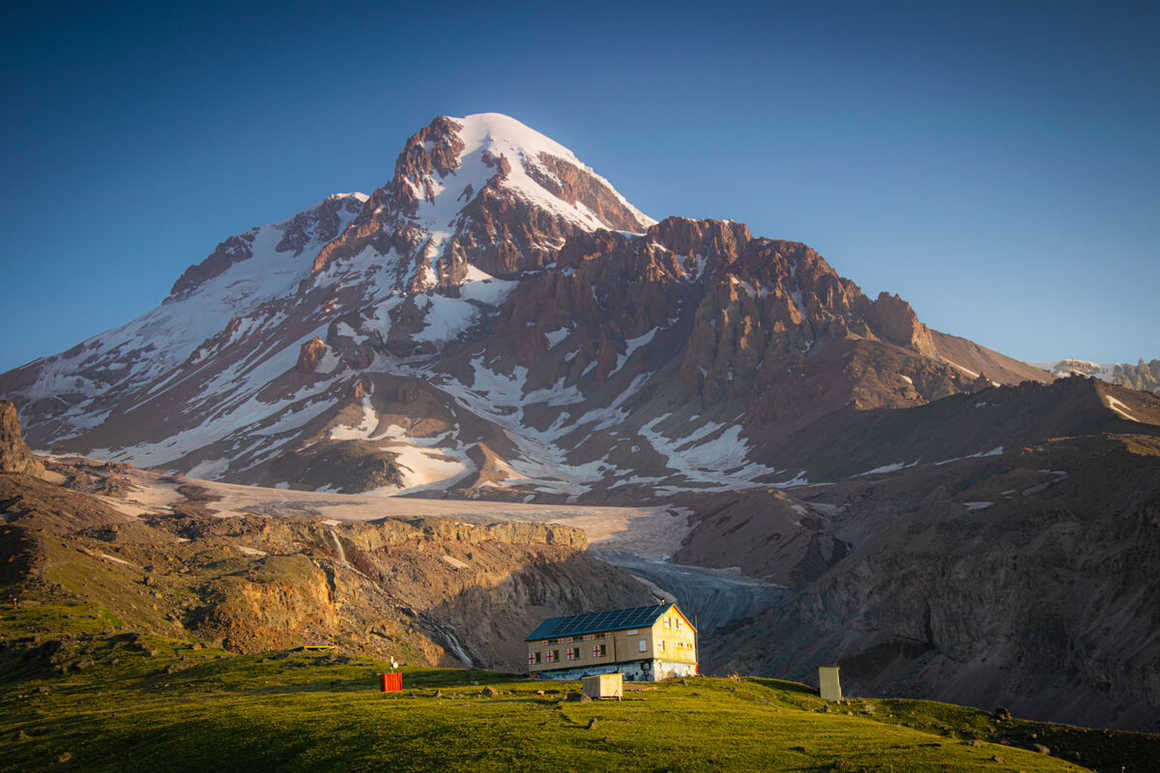
Chaukhi Pass is a popular trail connecting Juta village in
the Kazbegi region with the Khevsureti region in northern Georgia. Many hikers
are drawn to this route due to its views of the towering Chaukhi Massif with
its seven sharp peaks and necessity to scale 3,341m high over the Chaukhi Pass.
That being said, you will need plenty of trekking experience to complete this
route.
Depending on how you plan to trek this route, it can take
1-2 days. The route is approximately 17.5km, trekking through alpine meadows
and weaving through the sharp peaks of the Greater Caucasus mountains. Starting
in Juta you should be able to complete the route in 8-9 hours, but the hike is
best tackled over 2 days with a night camping at Abudelauri Lakes.
At the other side of the pass, you will find meadows with
intriguing rock formations (the Roshka stones) the Abudelauri lakes – 3 alpine
lakes with different colours (green, blue and white). The descent from Chaukhi
Pass to Abudelauri Lakes in extremely steep with sections of loose shale, so it
is advisable to tackle this trek from Juta to Roshka and not the other way
round.
